
EU Enlargement: What Does The Future Hold?
In its time, the UK championed a wider EU, while France pushed for a deeper one . The British were heavily invested in the single market , so their preference for indefinitely expanding the number of member states served two purposes: maximizing economic exchange, and making the possibility of EU political federalization as difficult as possible, as more members would make any decision-making process more complex.
Though also interested in an expanded market, France prioritized a focus on supranational political integration as a way to strengthen the EU's foundations.
Widening and deepening are not mutually exclusive. In fact, both are essential to European integration , and in practice both policies coexist, as all enlargements have brought about changes. The debate is therefore not about choosing one or the other, but rather the impact of prioritizing one or the other on the power balance among EU member states.
All EU expansions involve renegotiating voting rules, as well as a shift in the influence held by different countries in EU institutions. Since its inception, the EU has expanded eastward, and Russia's attack on Ukraine means this is expected to continue . However, it is unclear exactly where“Europe” ends.
The 2004-2007 EU enlargementIn looking at current candidates for EU accession, it is worth first examining its fifth enlargement , which took place from 2004 to 2007.
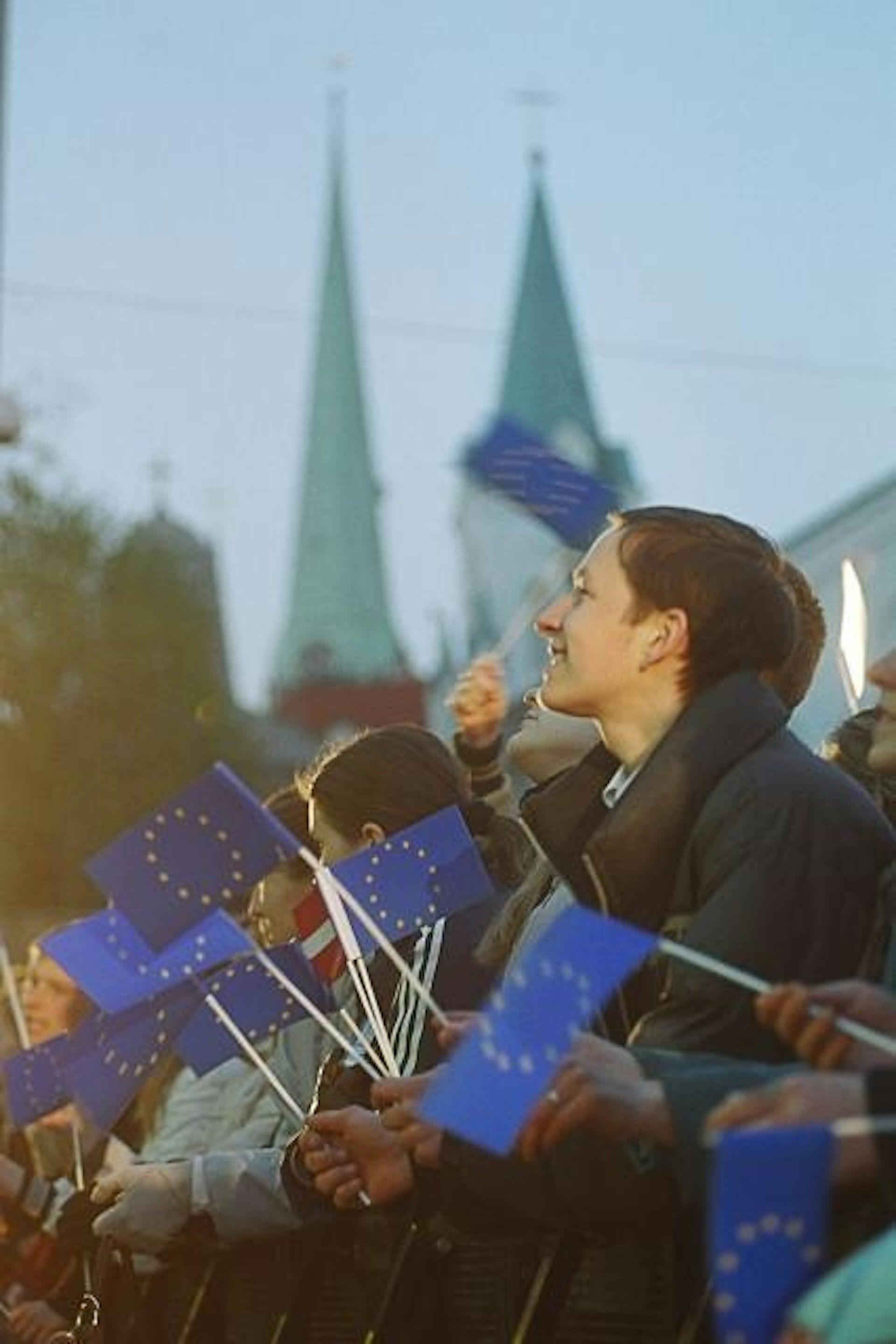
Citizens celebrate the accession of Latvia to the European Union in 2004. Kristaps Kalns/EC – Audiovisual Service , CC BY-NC-SA
Despite various shortcomings, this expansion was broadly successful in making new members more“European” by Western standards.
However, the enlargement was somewhat rushed : it included too many countries that, many said, the EU was not ready to take in without complications. These countries were also perhaps not fully aware of the consequences of the step they were taking.
In this enlargement – the largest and most complex in the EU's history – negotiations were held with no fewer than 12 states. These were done in two phases: ten in 2004 (Cyprus, Czech Republic, Estonia, Hungary, Latvia, Lithuania, Malta, Poland, Slovakia and Slovenia) and two in 2007 (Bulgaria and Romania).
These countries were less developed than their western neighbors – with democracies that showed administrative and judicial deficiencies, as well as high rates of corruption and little protection for the rights of certain ethnic minorities.
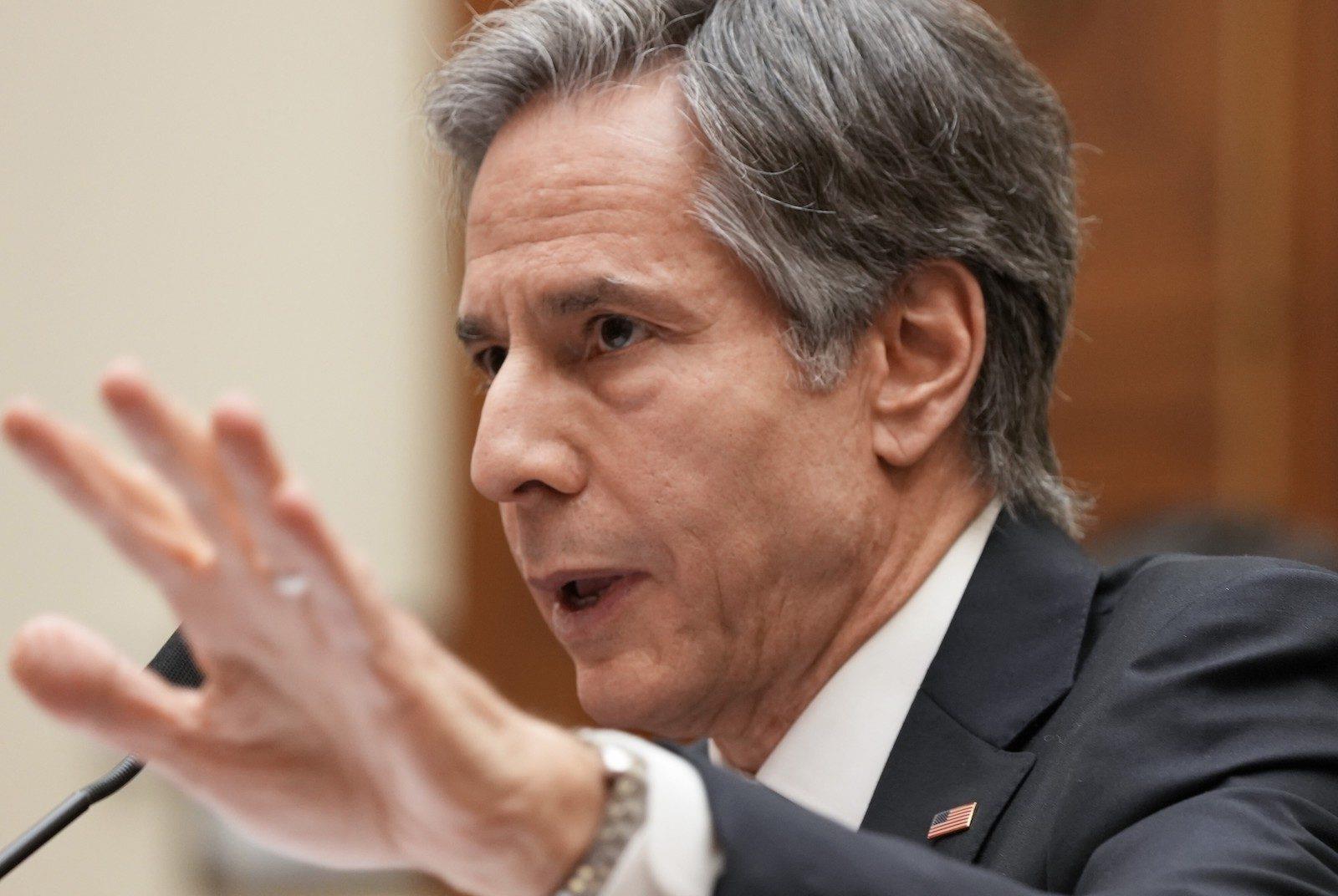
Blinken to China to fuss about support for Russia Apply Israel-Iran lessons to Taiwan
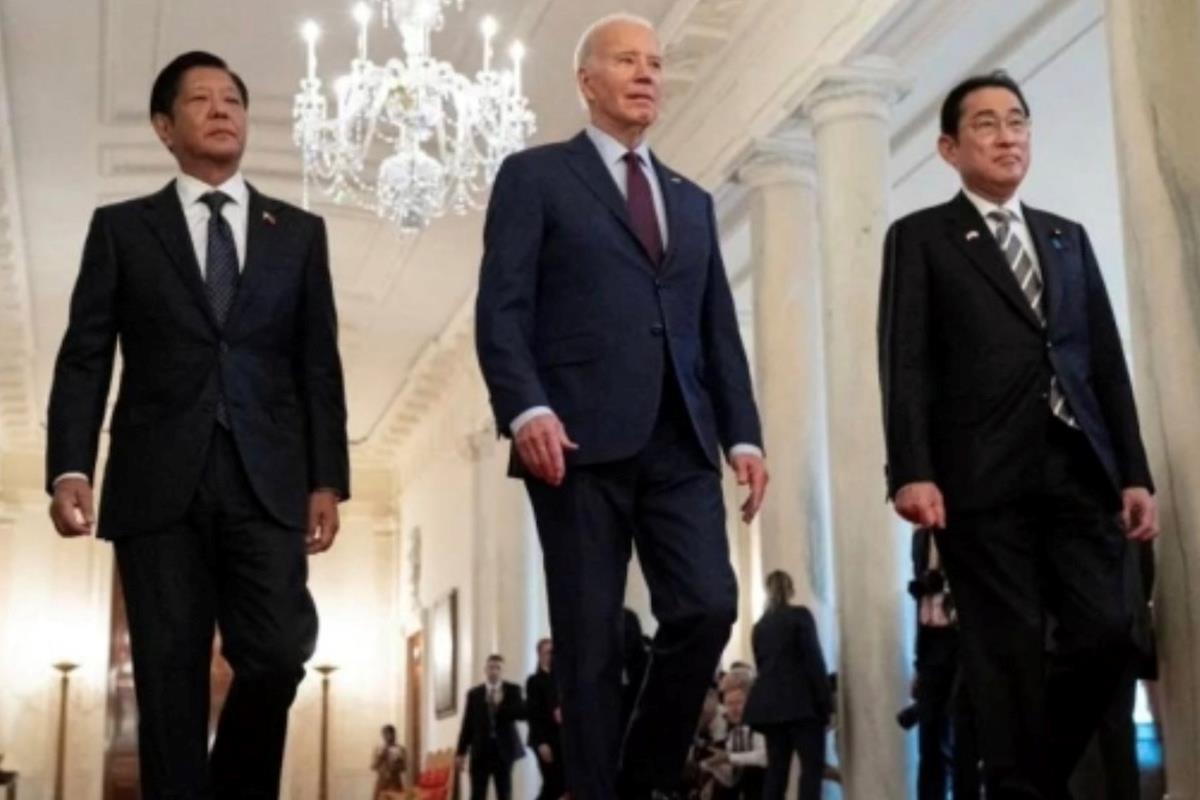
US-Japan-Philippines trilateral gives Manila a fighting chance
The enlargement laid bare several shortcomings of the EU's institutional framework, such as the need for unanimity in delicate areas such as defense, security and immigration. The simultaneous admission of so many new member states also hampered the already slow emergence of a pan-European identity .
The economic and social transition in these countries has been rocky, and political changes have not always withstood backlash or regression. However, the EU has helped them to gradually integrate into the framework set up by their western neighbours.
Future enlargementAs of 2024, there are ten countries aspiring to EU membership : six in the Western Balkans (Albania, Bosnia and Herzegovina, Kosovo, North Macedonia, Montenegro and Serbia) and four in other regions (Ukraine, Moldova, Georgia and Turkey).
The EU's attitude toward the Western Balkans has been hesitant, provoking unease and disaffection . The most realistic option would therefore be to handle each potential candidate separately to create distinct“packs” for negotiation. When it comes to the EU's requirements, Montenegro , Albania and North Macedonia (in this order) are in the best position for accession. The other three states in the region present a variety of problems.
Ukraine and Moldova have been awarded candidate status largely due to the critical circumstances of the ongoing war with Russia.
Bosnia and Herzegovina is considered a fragile state . The two entities that govern it – the Federation of Bosnia and Herzegovina and Republika Srprska – govern with their backs to each other. Shared institutions do not work properly, and the country's ethnic Serbs have threatened to seek independence. It is is also under NATO and EU tutelage.
Kosovo is not diplomatically recognized by many countries, including EU states such as Spain and Greece.
Serbia has remained close to Russian interests since the dissolution of Yugoslavia.
Georgia is unlikely to gain accession any time soon, given that it has two territories under Russian occupation (South Ossetia and Abkhazia). It also lags behind on all developmental fronts, and is geographically distanced from the rest of the EU.
With regard to Turkey , it seems clear that the EU does not have the any real interest in bringing them on board. After 25 years of negotiations , they have only managed to close one of the total 35 chapters in negotiations on the EU's acquis communitaire (the rules, rights and regulations that bind all EU member states).
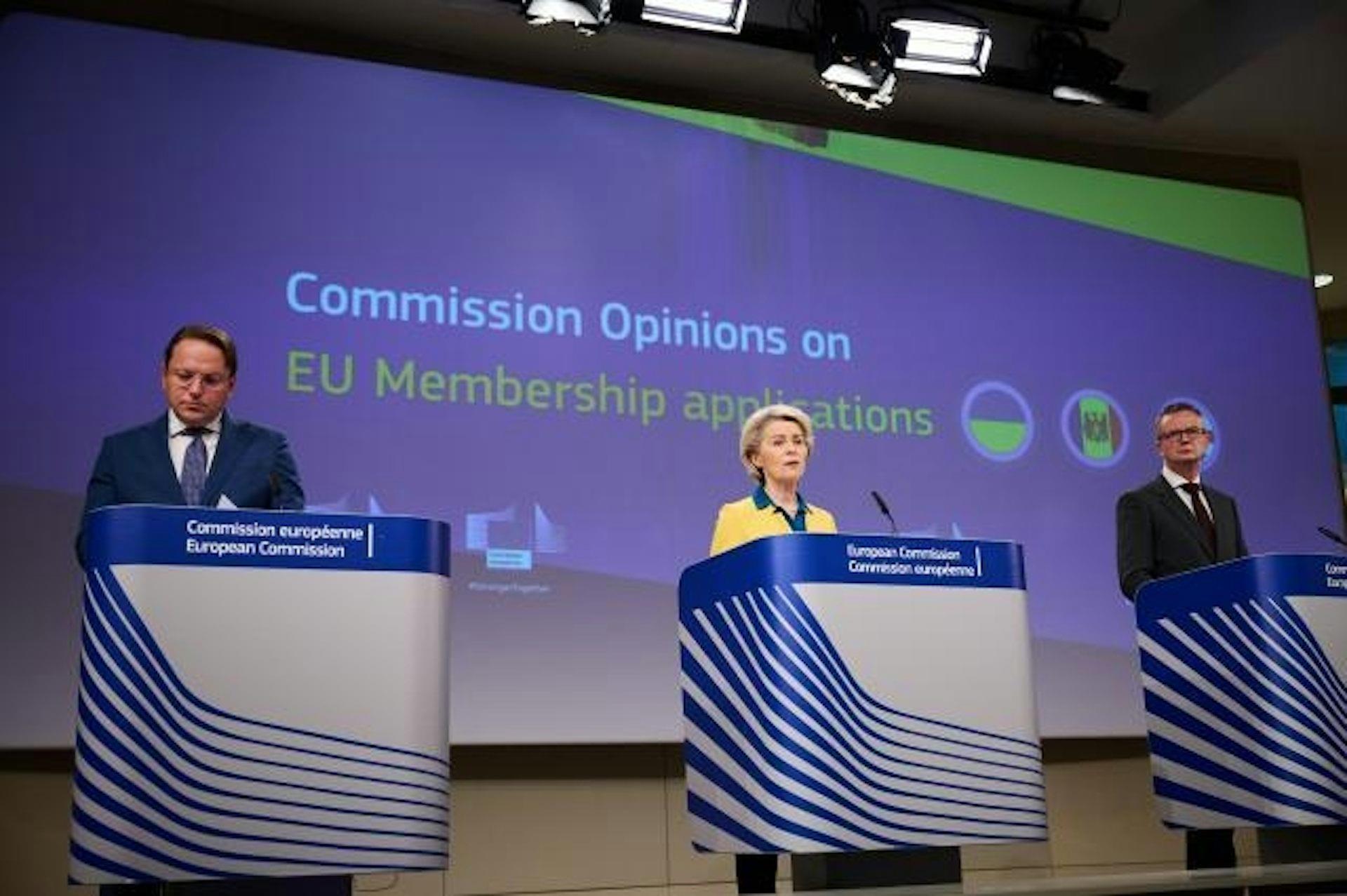
President of the European Commission Ursula von der Leyen and European Commissioner Olivér Várhelyi issue a statement following the European Commission's weekly meeting on the EU membership applications of Ukraine, Moldova and Georgia. Dati Bendo/EC – Audiovisual Service , CC BY-NC Possible risks
In the (very) long term we will likely see the EU grow from its current 27 states to as many as 35, though the oft-touted horizon of 2030 is unrealistic. Aside from their vast economic differences with Western Europe, meeting the terms of the acquis presents a huge challenge for the current candidates. To this we can add a litany of unresolved territorial and diplomatic disputes.
Despite the precedent set by Cyprus – the north of which is occupied by Turkey, with no prospect of reunification after the failed 2004 referendum – it is a delicate matter for the EU to integrate states with internal disputes (such as Bosnia), states whose existence is not universally recognised (Kosovo) or states that do not have complete control over parts of their own territory (Ukraine, Moldova and Georgia). These circumstances are enough to block their accession.
The EU should not repeat the mistake it made in the 2004-2007 enlargement of bringing in ten new member states at once. It is much more practical to take a staggered, progressive approach, grouping countries into smaller groups which can then gradually integrate. Forward planning is also needed. Before granting accession to new members, it would be wise to carry out a reform of European Community decision-making mechanisms, as well as other democratic control mechanisms to be used once new members are integrated.
Experience has shown that the EU has the upper hand in negotiations before a new member joins, but much less influence after. Article 7 of the Lisbon treaty allows the rights of an EU member state to be suspended if it“seriously and persistently breaches the principles on which the EU is founded,” but this is all but impossible to apply in practice. It requires a unanimous vote, and economic sanctions are not enough to change the course of illiberal governments, as proved by Viktor Orbán's Hungary and, until October 2023, Jaroslav Kaczyński's Poland.

Sign up for one of our free newsletters
- The Daily ReportStart your day right with Asia Times' top stories AT Weekly ReportA weekly roundup of Asia Times' most-read stories
Issues like the COVID-19 pandemic and the ongoing war in Ukraine are the driving force behind European integration, but with the central Franco-German axis losing strength, public opinion is not so enthusiastic about integration. The rise of the Euroskeptic populist far right across the continent – including in the EU's founding countries – is a symptom of this fraught, fragmented panorama.
Today, the EU has a long list of major challenges to face: common defense (especially if an isolationist such as Trump returns to the US presidency), the energy transition, environmental challenges, Europe's relative technological and digital backwardness and the unsatisfactory common migration policy, among others.
Practical considerationsIf the EU is to expand from 27 to 35 member states, it will need to carry out deep institutional and fiscal reforms. It is economically unsustainable for each member to set aside an EU budget of only 1% of GDP: this will have to change, no matter how hard it is to reform the necessary treaties.
There will also be a need to reduce the size of the European Commission and to redistribute the European Parliament, as these bodies cannot simply expand with the addition of each new member. Other important steps will be ending the right to veto in the European Council , and strengthening guarantees of the rule of law.
Doing this would require a broad consensus among the main pro-European political forces after the June 2024 elections. Without this, further enlargements will not be possible.
In the meantime, passarelle or“bridge” clauses could, in some cases, be used to circumvent the need for unanimity, and to make greater use of enhanced cooperation and constructive abstentions. These includes so-called“two-speed” agreements, in which countries interested in a proposal join while those not interested simply abstain.
If the rising Eurosceptic tide is to be stemmed, this all has to be done while also keeping the public well informed: 53% of Europeans approve of enlargement , while 37% are opposed.
Cesáreo Rodríguez-Aguilera de Prat is catedrático de ciencia política, Universitat de Barcelona .
This article is republished from The Conversation under a Creative Commons license. Read the original article .
Thank you for registering!
An account was already registered with this email. Please check your inbox for an authentication link.

Legal Disclaimer:
MENAFN provides the
information “as is” without warranty of any kind. We do not accept
any responsibility or liability for the accuracy, content, images,
videos, licenses, completeness, legality, or reliability of the information
contained in this article. If you have any complaints or copyright
issues related to this article, kindly contact the provider above.

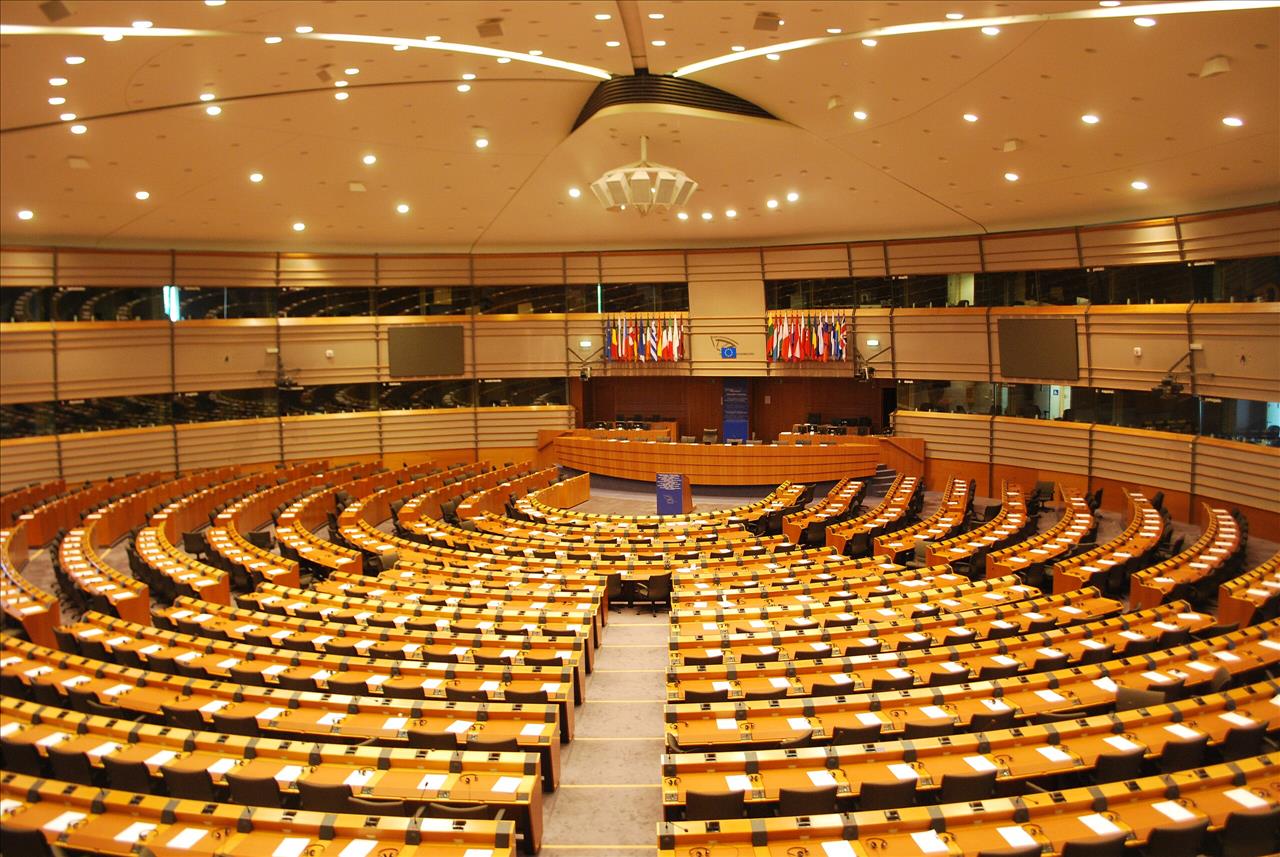
















Comments
No comment